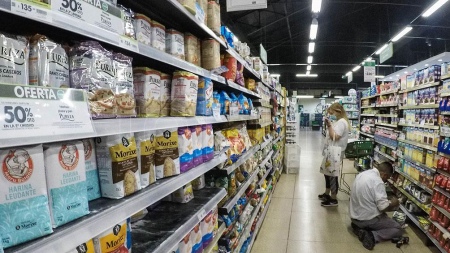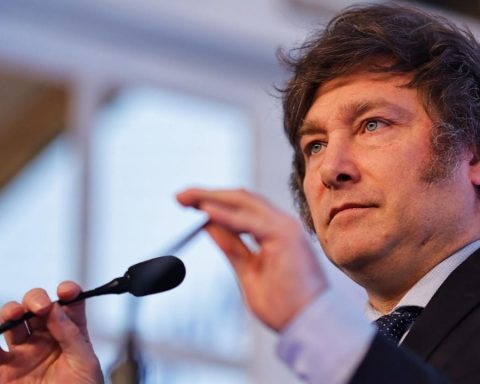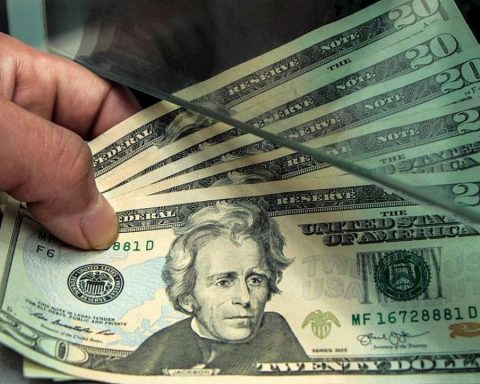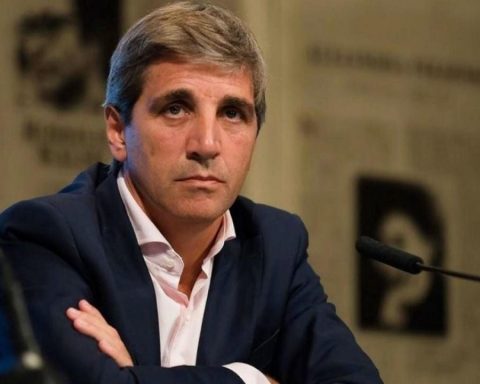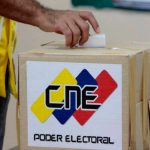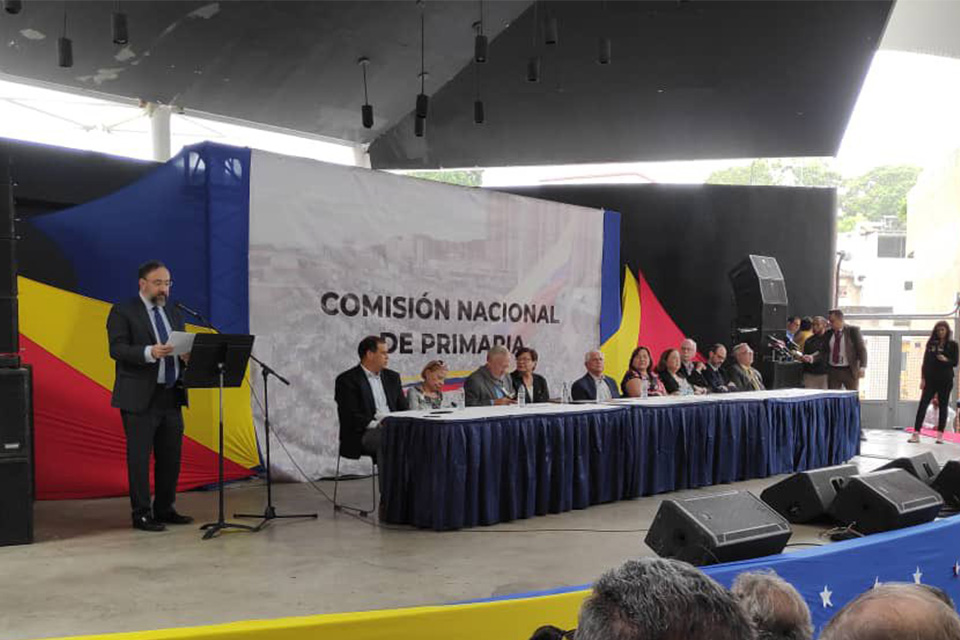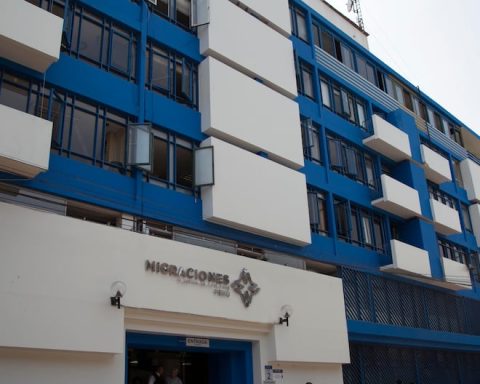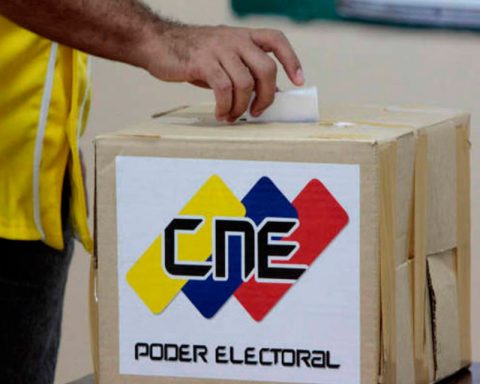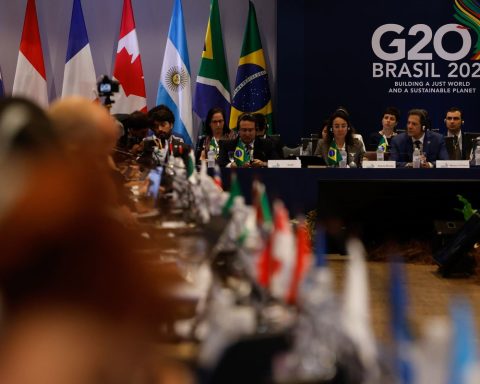The Secretary of Commerce, Matías Tombolini, assured today that the Fair Prices program, which establishes the fixing of prices of nearly 2,000 essential products for four months, and a maximum increase of 4% for another 30,000 items, “will help to order the dynamics on a calmer path”, and stressed that it contains a series of points regarding supply, scope and penalties that differentiate it from previous agreements.
“We started the engine of a negotiation that started much earlier, during the second half of October,” said Tombolini this Tuesday in dialogue with El Destape Radio, and indicated that the new program, as a premise, seeks to give “a path of predictability and order to the prices of the gondolas”.
According to the secretary, 1,823 products have already been incorporated with a price that will remain fixed between the current month of November and end of November.
On the other hand, the rest of the products of the participating companies –for a total of more than 30,000- will have a maximum increase limit of 4% per month during the term of the program.
The official clarified that the initiative, by itself, “does not fight inflation”, and that other measures must be included in this framework such as “the search for a fiscal balance” and the “consolidation of reserves”.
“But it is true that it is a vector that is part of a set of tools to solve the inflationary problem, which of course is of a macroeconomic order,” explained Tombolini.
In that same order was the Secretary of Industry and Productive Development, Jose Ignacio de Mendigurenwho clarified in a dialogue with Radio Rivadavia that a measure like Fair Prices “will never solve the inflationary problem by itself.”
“Inflation is very structural, which has to do with monetary and fiscal policies, fiscal order, and in the latter, (Economy Minister) Sergio Massa, who has been in office for 90 days, put the axis “he stressed.
On the other hand, Tombolini differentiated Precios Justos from previous price agreements.

The news of the program
One of the points that he highlighted is its scope, “today reaching 18 supermarket and hypermarket chains with more than 2,200 points of sale, and 25 chains in the interior of the country that in turn have 150 more points of sale.”
As a novelty, the program incorporates into wholesale chains which – Tombolini pointed out – “until today they were outside the previous price programs” and add “200 points of sale”.
In these points of sale, “in most cases”, the price of the program is lower than that of supermarkets.
However, he clarified that thes local mouths and warehouses –which are normally supplied by wholesalers- “they have a higher price level than the supermarket”, and that this has to do “with the economic structure of commercialization” of the country, a distortion that clarified that it will not be corrected with a price program.
For his part, he stressed that Fair Prices were not planned in a vacuum since the Secretariat carried out a series of “prior measures”.
Among them is the establishment of regulations regarding the inspection of labels through which, companies that release products with “very similar characteristics” to others already existing in their portfolios, must go through the Secretariat to request an authorization.
Similarly, there have been hardened penaltiesin cases of breaches of supply, prices, or signaling in the price agreement by the producing companies or by the distributors.
“Since 2008, the cap was $5 million and today, in the National Budget, it is from 0.5 to 2,100 type 3 basic household baskets, that is, the cap went from $5 million to $280 million for defaults” Tombolini asserted.
Meanwhile, it also seeks to resolve what Tombolini has called “the Achilles heel” of the price programs: the shortage.
“Since we managed foreign trade, what we did was move forward with an import program that gives companies access to the necessary inputs to guarantee supply. The companies are going to resign profits but they are going to have the inputs to supply this agreement, ”he stressed.
